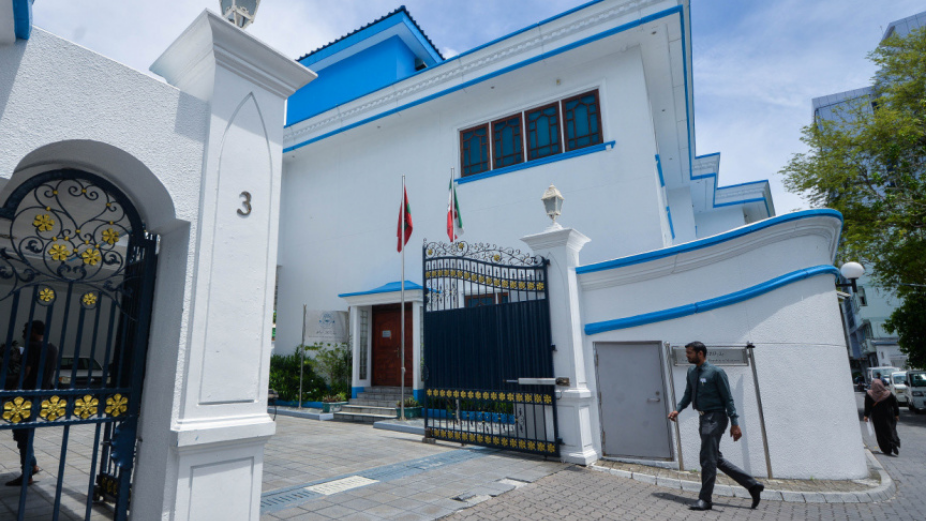It is established law that the Maldives courts will recognize and enforce overseas arbitral awards. In a recent development, the country has gone a step further by granting interim relief in an arbitration that had recently commenced in Singapore.
For enthusiasts of commercial law and dispute resolution, the development is both loved and loathed at the same time.
On 29 November 2020, the Maldives High Court granted three interim orders: a prohibitory order, a freeze order, and a preservation order in the matter of Jumeirah Management Services (Maldives) Private Limited v. SPH Private Limited.
The essential facts
SPH had entered into a management agreement with Jumeirah International in 2008 to grant management rights over Jumeirah Vittaveli (on the island of Bolifushi). These rights, later novated to Jumeirah Management Services in 2011 (the applicant), were to continue until 2030.
Apparently, SPH (the respondent), in violation of the manner prescribed for termination of the agreement, issued a notice to terminate it. The matter is referred to Singapore arbitration by Jumeirah to assess the propriety of the notice. Nevertheless, SPH proceeded with its notice of termination. Jumeirah applied to the High Court under the Maldives Arbitration Act and the management agreement to seek interim relief.
The key requests
The request for interim relief filed by Jumeirah included the request for three separate orders – pending conclusion of the arbitration, grant of any award, and its ultimate enforcement. The orders applied for are:
- a prohibitory order to prevent any action that could cause irreparable harm to Jumeirah’s rights pending resolution of the matter;
- a freezing order to lock in all management rights under the management agreement; and
- a preservation order to maintain the status quo prevailing between the parties prior to the notice of termination.
The laws referred
The Maldives Contract Act to cite s18(d) which permits parties to a contract to agree to resolve their disputes through arbitration.
The Maldives Arbitration Act to cite s45(a) which gives Maldives courts the same powers that are exercisable by an overseas arbitration tribunal.
The Singapore International Arbitration Act to cite s12 (1) which enables and enumerates powers available to a tribunal to grant interim relief.
The SIAC Rules to cite Rule 30 which states that an application made to a judicial authority to seek interim emergency relief does not violate the SIAC Rules.
Apart from the law, the court also relied on clause 40.9 of the management agreement which enabled either party to apply for interim relief though the courts.
The various tests
The test of balance of convenience was referred as the standard bearer in matters of arbitration in considering a request for interim relief – as it is about granting a relief early on in the matter – and if it turned out to be an incorrect decision – it ought to be one that is least disruptive or cumbersome to the parties.
The court opined that the convenience test does not conflict with the test created earlier by the Maldives apex court in circumstances of interim relief.
The three-prong test formulated by the Supreme Court in the matter of 2012/SC-A/21 is summed up to indicate the following criteria: a prima facie case is established with the likelihood of success; potential for irreparable harm is palpable if allowed to wait for a decision on merits; the applicant has the capacity to ask for the relief.
The string of observations
The High Court made several observations.
The management agreement has been in effect for more than 12 years. There is no evidence to indicate that any discussions occurred between the parties to culminate in the issuing of the termination notice.
Within 24 hours of giving the termination notice, SPH had entered into a management agreement with a third party.
The period of 24 hours is too short for a prudent party to carry out its due diligence to enter into a transaction of such commercial magnitude.
There is reason to doubt if the second management agreement was signed with a bona fide party. There is also reason to assume that the subsequent agreement was concluded to merely represent an apparent shift in the status quo so as to negative the efforts by Jumeirah to challenge the termination and assert its rights under the management agreement.
The court also noted that Jumeirah had acted without delay to protect its rights and seek a remedy. The court was referring to a collection of attempts made by Jumeirah since the termination notice, to file the matter at arbitration, apply for an injunction in the High Court, and subsequently, on cancellation of both the matter at arbitration and High Court, to resubmit the matter to arbitration and reapply for interim relief in the High Court.
The court also observed that the termination of the management agreement was based on an event that occurred outside the control of Jumeirah and therefore Jumeirah had a prima facie case to be protected.
It was also concluded that based on the acts of SPH in handling the entire matter, there is basis to assume that harm would be caused to Jumeirah if the application for relief were denied and the matter were allowed to take its course at arbitration.
Additionally, SPH was not able to prove to the court that they had the financial means to honor an arbitral award for compensation in the event arbitration was decided in Jumeirah’s favor.
Therefore, based on facts before the court, and being convinced that a prima facie case exists for Jumeirah, and there is potential to cause irreparable harm to Jumeirah, the court was of the opinion that allowing the application (as requested) would be the least unjust decision in the matter.
The three orders
The High Court said that until the arbitration is concluded, or unless the tribunal or the Court decides otherwise –
- no action may be taken that has the potential to cause any irreparable harm to the rights available to Jumeirah under the management agreement;
- the rights available to Jumeirah under the management agreement to manage the resort may be frozen as they are; and
- no effort may be made by SPH to alter the status quo subsisting between the parties prior to the issue of the termination notice.
Credit: Nasheed’s Commercial Lawyers



















